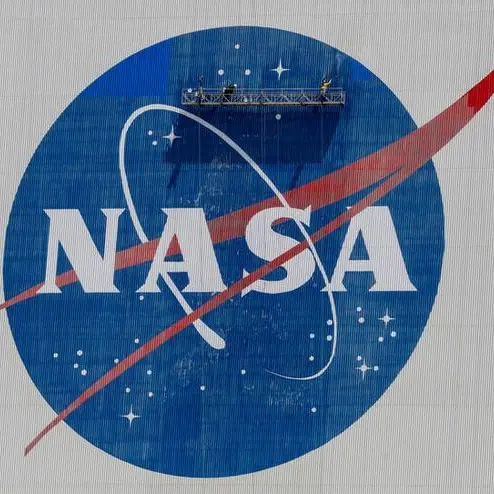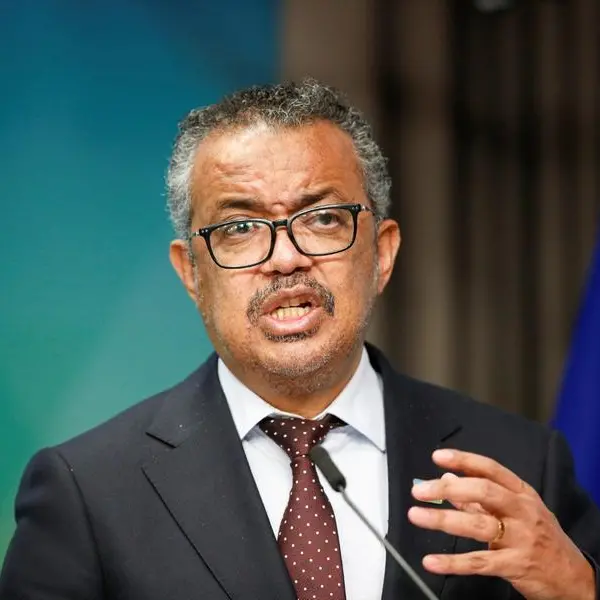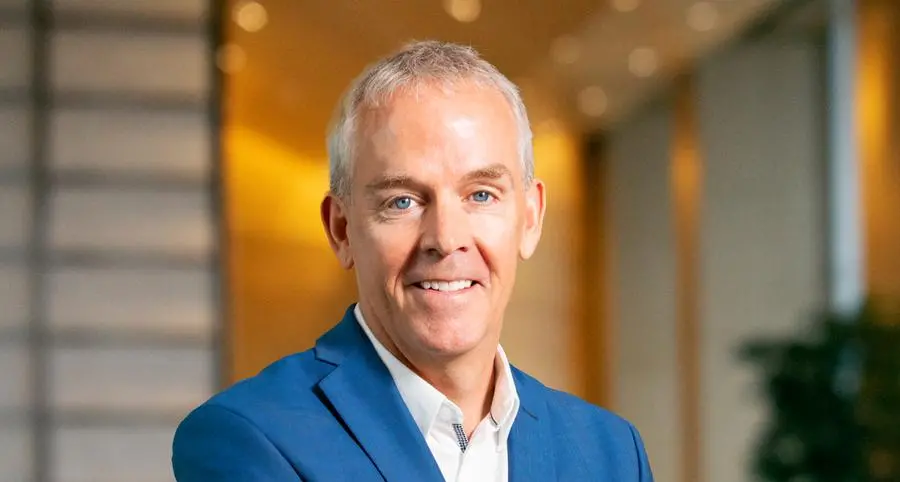PHOTO
Countries have a year to produce ambitious new emissions-cutting pledges to ensure the "safety and prosperity" of people around the world, the UN's climate chief said Thursday, calling the plans the most important so far this century.
Simon Stiell, who leads the United Nations climate change organisation, said the new round of commitments, as well as upgrades to existing pledges for this decade, were essential to keep the world from blowing past the 1.5C warming limit.
Together these pledges "will determine how protected your peoples, economies and national budgets will be from rapidly worsening climate impacts," Stiell said in an open letter to the nearly 200 nations in the UN climate negotiations.
The 2015 Paris Agreement saw countries agree to cap global warming at "well below" 2C above preindustrial times -- with a safer limit of 1.5C if possible.
It also requires countries to submit increasingly deep emission cutting plans every five years, known as Nationally Determined Contributions (NDCs), with the third round of pledges due early 2025 ahead of crucial COP30 climate negotiations in Brazil.
"In all respects, your NDCs 3.0 will be the most important climate documents produced so far this century in securing the safety and prosperity of your peoples," Stiell said.
Nearly 1.2C of global heating so far has already unleashed an escalating barrage of deadly impacts across the planet.
'Quantum leaps'
To keep the 1.5C limit in play the UN's climate expert panel have said emissions need to be slashed almost in half this decade.
But they continue to rise, driven largely by the burning of fossil fuels.
The UN's Environment Programme warned in November that countries' existing carbon-cutting plans put the world on a path for heating of between 2.5C and 2.9C by 2100, risking catastrophic consequences for humanity and irreversible tipping points on land and in the oceans.
Countries at last year's COP28 UN climate negotiations in Dubai agreed to triple global renewables capacity this decade and "transition away" from fossil fuels.
Stiell hailed the agreement as a significant step forward, but said the world would need to deliver "quantum leaps" in climate finance this year, particularly for debt-saddled developing nations that are least responsible for climate change.
Ambition will come with benefits, Stiell stressed.
"As global decarbonization gathers pace, these plans will also determine which of the vast benefits of climate action will flow to your citizens, including more jobs, stronger economic growth and stability, less pollution, better health, and secure and affordable clean energy for all," he said.












